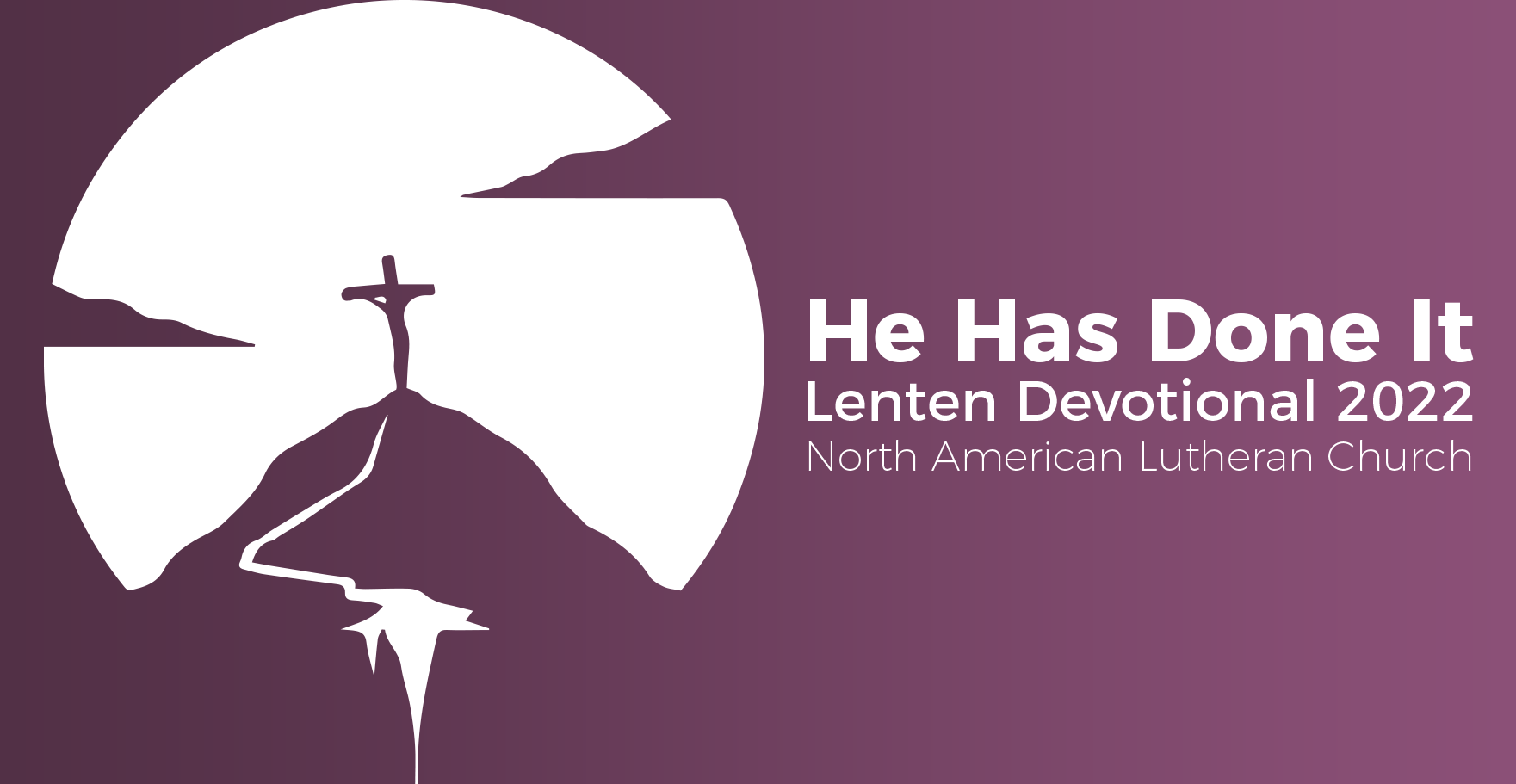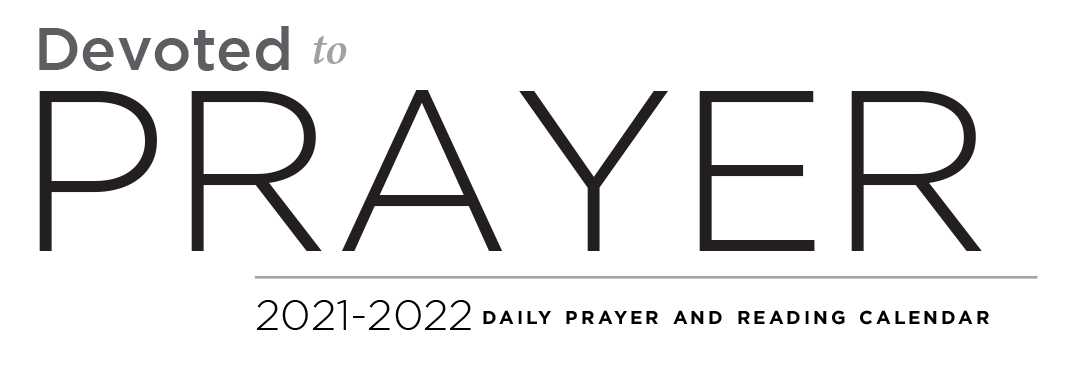
146:1 Hallelujah! Praise the Lord, O my soul! I will praise the Lord as long as I live; I will sing praises to my God while I have my being. 2 Put not your trust in rulers, nor in any child of earth, for there is no help in them. 3 When they breathe their last, they return to earth, and in that day their thoughts perish. 4 Happy are they who have the God of Jacob for their help, whose hope is in the Lord their God; 5 who made heaven and earth, the seas, and all that is in them; who keeps his promise forever; 6 who gives justice to those who are oppressed, and food to those who hunger. 7 The Lord sets the prisoners free; the Lord opens the eyes of the blind; the Lord lifts up those who are bowed down; 8 the Lord loves the righteous; the Lord cares for the stranger; he sustains the orphan and widow, but frustrates the way of the wicked. 9 The Lord shall reign forever, your God, O Zion, throughout all generations. Hallelujah!
– Psalm 146 LBW
The Book of Psalms, also known as the “Psalter,” was the hymnal of the Israelites. According to Jewish tradition, the psalms were composed by Adam, Melchizedek, Abraham, Moses, Heman, Jeduthun, Asaph, and the three sons of Korah. The book, however, is largely attributed to David on account of his being a poet-musician, and who is described in 2 Samuel 23:1 as “the sweet psalmist of Israel.” Just like a modern hymnal, the Psalter had various sections of psalms for different purposes, typically split into five “books.” Within these books, there are also various groupings. One type of grouping found mostly in the fifth book of Psalms (Psalms 107-150) is known as the “hallel” psalms, meaning psalms of “praise.” Each of these psalms begin and/or end with the word “hallelujah,” meaning “praise Yhwh/praise the Lord,” and this word is only found in the Scriptures in these Psalms. There are four collections of hallel psalms: the Covenantal Hallel (Psalms 105-106), the Egyptian or Passover Hallel (Psalms 111-118), the Great Hallel (Psalms 135-136), and the Doxological or Final Hallel (Psalms 146-150). Each of these hallel psalms would have been well-known by memory to the Israelites steeped in these songs.
Psalm 146, one of our morning psalms today, opens the Final Hallel of the Psalter. Here, we see a kind of summary praise given to the Lord for a number of themes. Most importantly, Psalm 146 would have been on the lips of Jesus regularly as He worshiped at the temple and prayed in the synagogue. In particular, words from Psalm 146 show up in Jesus’ first sermon in Nazareth: “The Spirit of the Lord is upon me, because he has anointed me to proclaim good news to the poor. He has sent me to proclaim liberty to the captives and recovering of sight to the blind, to set at liberty those who are oppressed, to proclaim the year of the Lord’s favor” (Luke 4:18-19).
Because many of us have “buried the alleluia” during the Lenten season as a way to fast before the burst of praise as we celebrate Jesus’ resurrection at Easter, let our hearts meditate on Psalm 146 and other hallel psalms in eager anticipation of great joy!
Prayer: “God of glory and power, happy indeed are those who have put their trust in you. Shine the brightness of your light upon us, that we may love you always with a pure heart and praise you forever; through your Son, Jesus Christ our Lord. Amen” (Lutheran Book of Worship).
Devotion written by the Rev. Andrew S. Ames Fuller
Morning Psalms
Evening Psalms

This daily prayer and Bible reading guide, Devoted to Prayer (based on Acts 2:42), was conceived and prepared by the Rev. Andrew S. Ames Fuller, director of communications for the North American Lutheran Church (NALC). After a challenging year in the midst of the COVID-19 pandemic, we have been provided with a unique opportunity to revitalize the ancient practice of daily prayer and Scripture reading in our homes. While the Reading the Word of God three-year lectionary provided a much-needed and refreshing calendar for our congregations to engage in Scripture reading, this calendar includes a missing component of daily devotion: prayer. This guide is to provide the average layperson and pastor with the simple tools for sorting through the busyness of their lives and reclaiming an act of daily discipleship with their Lord. The daily readings follow the Lutheran Book of Worship two-year daily lectionary, which reflect the church calendar closely. The commemorations are adapted from Philip H. Pfatteicher’s New Book of Festivals and Commemorations, a proposed common calendar of the saints that builds from the Lutheran Book of Worship, but includes saints from many of those churches in ecumenical conversation with the NALC. The introductory portion is adapted from Christ Church (Plano)’s Pray Daily. Our hope is that this calendar and guide will provide new life for congregations learning and re-learning to pray in the midst of a difficult and changing world.
